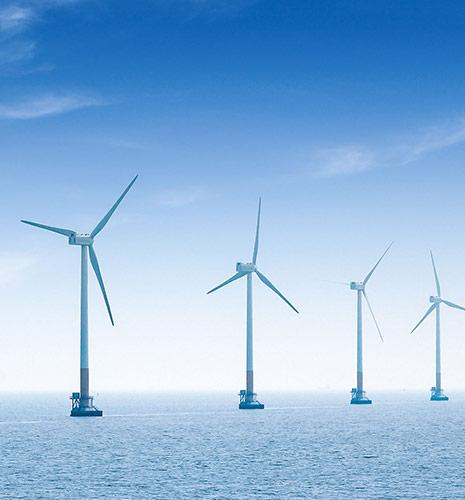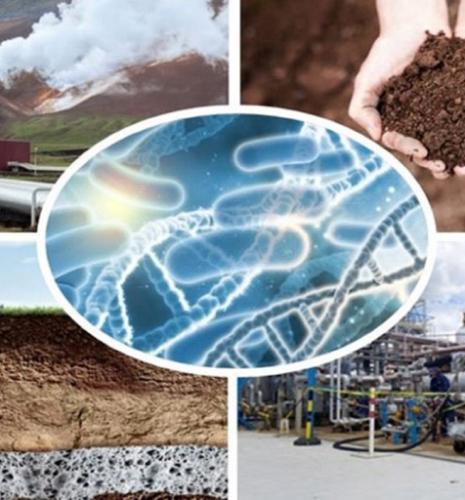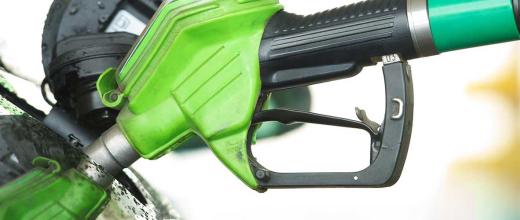Individual page
Maira ALVES FORTUNATO
Researcher in Complex Fluids / Ph.D. in Chemistry
_ Maira completed her Ph.D. thesis at the Institute for Research on Catalysis and the Environment of the University Claude Bernard Lyon 1 (CNRS) and Saint-Gobain Provence Research on the catalytic

Individual page
Maria-Fernanda ROMERO-SARMIENTO
Research Engineer / Technical Advisor
Organic Geochemistry PhD. HdR.
Sciences of the Earth and the Universe HDR
Organic Geochemistry PhD. HdR.
Sciences of the Earth and the Universe HDR
Maria-Fernanda Romero-Sarmiento joined IFP Energies nouvelles in 2010 as a research scientist in organic geochemistry. She holds a Ph.D. in Organic Geochemistry from the University of Lille (France)
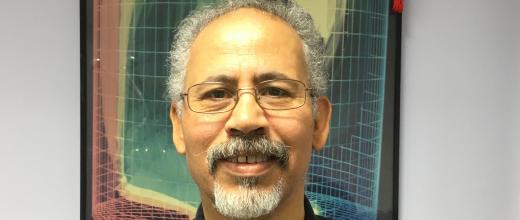
Individual page
Chaouki HABCHI
Senior Researcher
HDR-Associated with SMEMaG Doctoral School CentraleSupelec
HDR-Associated with SMEMaG Doctoral School CentraleSupelec
PhD from the Sorbonne University (PARIS-6) obtained in 1990 in the field of Computational Fluid Mechanics. HDR ( habilitation à diriger des recherches) from the Institut National Polytechnique de

Individual page
Jean KITTEL
Materials & Corrosion Technical Advisor, Project manager
PhD in Electrochemistry
PhD in Electrochemistry
> 20 years experience in Materials and Corrosion. Materials Engineer from INSA de Lyon, 1997. PhD in Eectrochemistry (Paris 6), 2001. Habilitation from INSA de Lyon, 2011. Member of Cefracor / EFC /

Individual page
Charles-Philippe LIENEMANN
Charles-Philippe Lienemann - Scientific Advisor at the Physics and Analysis Division
Charles-Philippe Lienemann graduated at the University of Geneva (Switzerland) in 1993. He then joined University of Lausanne (Switzerland) within the group of D. Perret and Prof. J-C. Bünzli for his
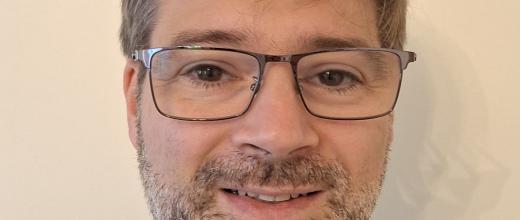
Individual page
Nicolas FERRANDO
Project manager / Research Engineer
Nicolas Ferrando is graduated of Ecole Nationale Supérieure des Ingénieurs en Génie Chimique (Toulouse) with a Chemical Engineering master degree, followed by a PhD in Chemistry from Université Paris

Innovation and Industry
Carnot IFPEN Ressources Energétiques
The Carnot IFPEN Ressources Energétiques (RE) brings together 14 of IFP Energies nouvelles’ laboratories. Awarded the Carnot label in 2020, it maintains strong ties with the socio-economic world, both in France and internationally, and actively contributes to the Carnot Institute network. The Carnot IFPEN RE addresses the challenges associated with
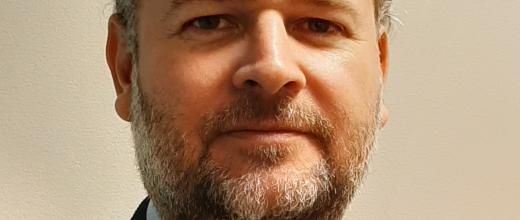
Individual page
Carlos NIETO-DRAGHI
Research Engineer / Project Manager
Carlos Nieto-Draghi (b. 1975) completed a Chemical Engineer degree at the Simón Bolívar University (Caracas, Venezuela) followed by a DEA and Ph.D. in Chemical Engineer and Processes at the Rovira i

Issues and Foresight
All about hydrogen
To achieve the objectives of the energy transition, France has turned its attention to the production and use of low-carbon and renewable hydrogen. Mainly used until now in the chemicals and refining sectors, this energy vector may be useful to contribute to the decarbonization of some industrial sectors, for electricity storage or as a fuel in the transport sector.

Issues and Foresight
Biogas and biomethane: turning our waste into energy
Purified biogas, known as biomethane, which has equivalent characteristics to those of natural gas, can be used in natural gas networks or as engine fuel. A renewable energy source as promising as it is virtuous…




